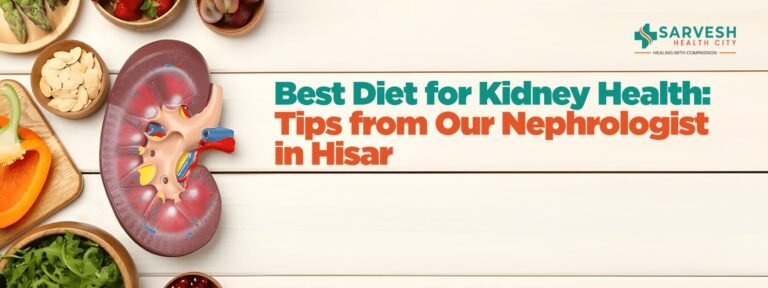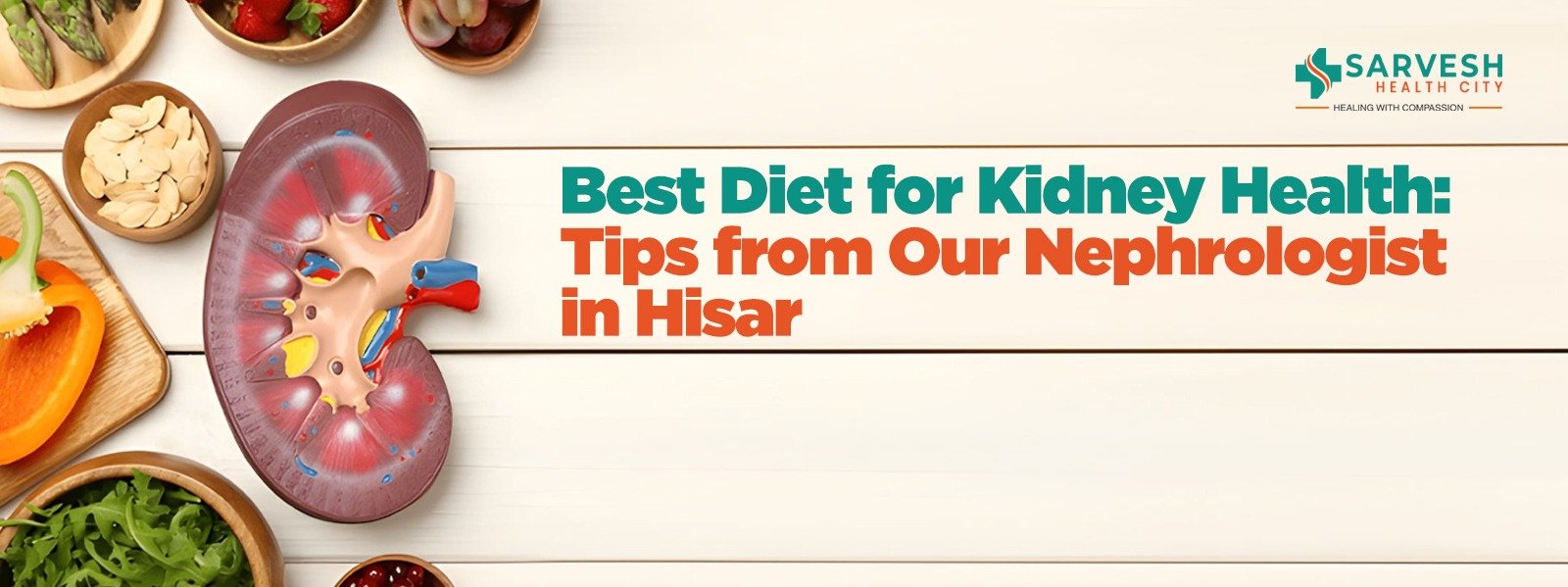- Specialities
- Center of Excellence
- Specialitites
- ANAESTHESIA & INTENSIVIST
- BREAST SURGERY
- CRITICAL CARE
- DERMATOLOGY
- DIALYSIS
- DENTISTRY & MAXILLOFACIAL SURGERY
- ENT
- INTERNAL MEDICINE
- INTERVENTIONAL RADIOLOGY
- LAPAROSCOPIC & GENERAL SURGERY
- OBSTETRICS & GYNAECOLOGY & COSMETOLOGY
- OPHTHALMOLOGY (EYE CARE)
- PEDIATRIC CARE & NEONATOLOGY
- PHYSIOTHERAPY & REHABILITATION
- Services
- AMBULANCE SERVICES (24/7)
- BONE MARROW TRANSPLANT
- BLOOD CENTER (OPEN 24/7)
- EMERGENCY SERVICES (AVAILABLE 24/7)
- LAB AND PATHOLOGY (OPEN 24/7)
- NEONATAL INTENSIVE CARE UNIT (NICU) & PEDIATRIC INTENSIVE CARE UNIT (PICU)
- NUTRITION & DIETETICS
- PHYSIOTHERAPY & REHABILITATION SERVICES
- PREVENTIVE HEALTH CHECKUPS
- PHARMACY (OPEN 24/7)
- PET/CT SCAN
- RADIOLOGY & IMAGING SERVICES
- Blogs
- Health Library
- Our Empanelment
- About Sarvesh
- Specialities
- Center of Excellence
- Specialitites
- ANAESTHESIA & INTENSIVIST
- BREAST SURGERY
- CRITICAL CARE
- DERMATOLOGY
- DIALYSIS
- DENTISTRY & MAXILLOFACIAL SURGERY
- ENT
- INTERNAL MEDICINE
- INTERVENTIONAL RADIOLOGY
- LAPAROSCOPIC & GENERAL SURGERY
- OBSTETRICS & GYNAECOLOGY & COSMETOLOGY
- OPHTHALMOLOGY (EYE CARE)
- PEDIATRIC CARE & NEONATOLOGY
- PHYSIOTHERAPY & REHABILITATION
- Services
- AMBULANCE SERVICES (24/7)
- BONE MARROW TRANSPLANT
- BLOOD CENTER (OPEN 24/7)
- EMERGENCY SERVICES (AVAILABLE 24/7)
- LAB AND PATHOLOGY (OPEN 24/7)
- NEONATAL INTENSIVE CARE UNIT (NICU) & PEDIATRIC INTENSIVE CARE UNIT (PICU)
- NUTRITION & DIETETICS
- PHYSIOTHERAPY & REHABILITATION SERVICES
- PREVENTIVE HEALTH CHECKUPS
- PHARMACY (OPEN 24/7)
- PET/CT SCAN
- RADIOLOGY & IMAGING SERVICES
- Blogs
- Health Library
- Our Empanelment
- About Sarvesh
 Everyday, your kidneys silently perform their job to ensure you are healthy. They filter waste, they maintain blood pressure, they balance electrolytes, and they promote bone health. However, most of us do not consider our kidneys until something is wrong with them. One of the best methods of maintaining healthy kidneys is through diet, both in preventing the issue or in the management of the already developed condition. Here is some practical and science-based dietary advice for your kidney health.
Everyday, your kidneys silently perform their job to ensure you are healthy. They filter waste, they maintain blood pressure, they balance electrolytes, and they promote bone health. However, most of us do not consider our kidneys until something is wrong with them. One of the best methods of maintaining healthy kidneys is through diet, both in preventing the issue or in the management of the already developed condition. Here is some practical and science-based dietary advice for your kidney health. The Importance of Diet in Taking Care of Your Kidneys
The kidneys perform the functions of natural filters. Each meal you take at some point or the other affects the amount of labor of your kidneys. For example, a high-salt packaged snack can raise the blood pressure and cause the kidneys to work harder. Excess protein can make them overwork and processed drinks also contain extra sugar and phosphorus that will need to be cleared by your kidneys.
Conversely, a properly-designed diet may decrease the load, maintain the blood pressure, and eliminate the accumulation of waste. A well-balanced diet can even slow the disease or even enhance the quality of life of people with chronic kidney disease (CKD). This is why the Best Nephrologist in Hisar makes it so clear that kidney care is mostly about what you place upon your plate.
Eating Guidelines to Healthy Kidneys
Keep Sodium in Check
Salt is usually the worst culprit in terms of straining the kidneys. Excess sodium leads to fluid build-up, and elevated blood pressure which are detrimental to kidney conditions. Reducing does not imply that your food should be bland. Rather than adding more salt, season your dishes with lemon juice, ginger, garlic, coriander or other herbs and spices.
Balance Protein Intake
Protein is needed to build muscles and repair tissues, however, it is important to have it moderately. The surplus in protein brings about increased wastes such as urea that the kidneys have to filter. The Best Nephrologist in Hisar advises on the need to emphasize on the lean sources of protein that include fish, eggs, beans and skinless poultry in small amounts. Personalised protein guidelines are of even greater importance to patients with advanced kidney disease.
Select the Fruits and Vegetables Carefully
Fruits and vegetables would not suit everyone with kidney problems. Although fresh produce is mostly healthy, in instances of decreased kidney functioning, certain foods rich in potassium (bananas, oranges, spinach, tomatoes) might have to be restricted. Safeproducts are apples, cabbage, cauliflower, grapes, and berries. You should always use what your doctor recommends to your health.
Manage Phosphorus Levels
Sources of phosphorus are dairy, nuts and beans and also processed foods. When the kidneys are healthy, controlling phosphorus is a simple task but when they are weak, a surplus of phosphorus may cause brittle bones and heart issues. Food labels can be read and intake greatly diminished by avoiding phosphate food additives.
Keep Yourself Hydrated – But not too full of water
Water assists the kidney to eliminate waste. But excessive consumption of water would be detrimental when your kidneys are already weakened. According to the Best Nephrologist in Hisar, you need hydration, but you need it based on your condition. Although 2-3 litres per day are the necessary amount of fluid consumed by a healthy individual, the patient with severe kidney diseases might be placed on a stringent fluid intake.
Reduce Processed and Packaged Food
Salt, sugar and preservatives are laden in instant noodles, chips, biscuits and soft drinks. These do not only damage the kidneys but also predispose one to obesity, diabetes and hypertension which are some of the major causes of kidney failure. As much as possible, eat homemade meals.
Maintain Blood Sugar and Blood Pressure With Diet
Because diabetes and hypertension are the leading causes of kidney disease, it is important to maintain them. Consumption of whole grains at moderation, elimination of sugary food and fried foods can stabilise blood sugar and blood pressure.
Kidney Supporting Foods
The following are kidney-friendly foods that the Best Nephrologist in Hisar recommends:
- Fruits: Apples, pears, blueberries and strawberries, watermelon (unless the potassium is limited).
- Vegetables: Cauliflower, bell peppers, green beans, and cabbage.
- Grains: Whole-wheat pasta, quinoa, oats, and brown rice (in moderate quantities).
- Healthy Fats: Olive oil, flaxseed oil and in small portions of unsalted nuts (unless very limited).
- Protein Sources: egg whites, fish and skinless chicken and plant proteins such as lentils (portion-controlled).
Foods to Avoid or Limit
- High sodium products: Pickles, tinned soups, packaged chips, salty snacks.
- Sweetened foods: Cakes, pastries, sodas and sweetened juices.
- Too much dairy: Cheese, butter, whole-fat milk (unless phosphorus is restricted).
- Foods with a high potassium content: Bananas, avocados, spinach and potatoes (when they are high in potassium).
- Processed meat: Sausages, bacon and ham which contain high sodium and phosphate additives.
Kidney Healthy Meal Planning
It is not about having a specific kidney diet to make a meal plan according to the needs of a kidney. Rather it is a matter of creating a middle ground:
Breakfast: Oats, slices of apple and cinnamon, or a vegetable omelette, peppers.
Lunch: Steamed rice, stir-fried cabbage and grilled chicken.
Snacks: 100g of blueberries or rice cakes and hummus.
Dinner: Fish in the oven and roasted cauliflower and a small portion of quinoa.
The Best Nephrologist in Hisar recommends that patients plan their meals in advance (once a week), pay attention to the size of the portions, and (or) not to skip meals, as it may lead to blood sugar and energy levels variation.
Frequently Asked Questions in Kidney Health and Diet
Q1. Would I be able to consume bananas when I have kidney issues?
Ans. Bananas contain high amounts of potassium. You might have to restrict or avoid them, if your blood potassium is high or you have weak kidneys.
Q2.What amount of water is necessary to consume each day?
Ans. Your kidneys determine your state of hydration. There are individuals that require more water and those with advanced kidney disease might be restricted in fluid intake. Refer to your nephrologist always.
Q3.Is coffee safe for kidneys?
Ans. The daily consumption of 1-2 cups of coffee is generally not harmful, but one should not consume too much sugar and cream. Excessive consumption of caffeine may increase blood pressure.
Q4.Does diet make kidney disease go away?
Ans. The diet does not cure kidney disease, but may slow down its progression, minimize complications, and make the overall health better. It also needs to be treated medically and monitored regularly.
Final Thoughts
Kidney-friendly diets are built on the principles of balance, moderation, and reasonable substitutions; less salt, less processed food, and more wholesome and fresh food. The right approach will ensure that you reduce the risk of complications and will do good to your kidneys, not to mention a healthier life.
In case you are worried about your kidney condition, or you would like to have a specialized diet, the best way is to contact us at Sarvesh Health City so that you not only eat to enjoy, but also stay healthy in the long run.
Media Resources
Media enquiries
- Sarvesh Health City
- Sarvesh Health City Site No. 1, Sector 14, Hisar – 125001 (Haryana)
- +91 6901 626262
- +91 6901 636363
Social Media

NEPHROLOGIST & KIDNEY TRANSPLANT PHYSICIAN
Dr. Vijay Kumar Ghodela at Sarvesh Health City offers expert care for kidney health





